
3 Ways to Bring Humor Into the Workplace
Comedian Ben Gleib offers approaches for making mundane work feel a little less stuffy through humor.
Thank you for searching the NeuroLeadership Institute archives. Here’s what we were able to find for you.
Still having difficulty finding what you’re looking for? Contact us.

Comedian Ben Gleib offers approaches for making mundane work feel a little less stuffy through humor.

Providing clarity and offsetting negative feelings are essential for helping frazzled employees regain composure.
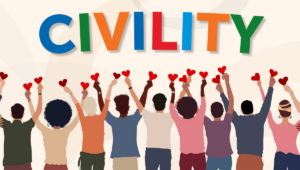
Civility isn’t just about being nice — it’s about creating a workplace where everyone can thrive.

Enhance motivation by understanding and satisfying your team’s social drivers.
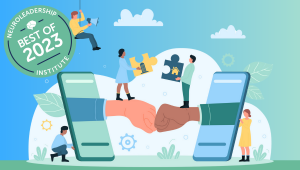
These best articles from 2023 explore how organizations can thoughtfully design a hybrid workplace.

When bias mixes with exploitative business practices, the result is performance punishment. Learn how to avoid giving all your hard tasks to one person.

Sending employees positive social signals makes them feel valued, engaged, and inspired.

Anyone can become a toxic leader without even realizing it. Here’s how to recognize the warning signs so you can change.

Achieving a universal feeling of inclusion can be challenging for even the most diverse teams, but it can be done with the right skills and habits.

Can personality tests help you choose the best job applicant?

Growth mindset allows for a continuum of personal growth and development that allows an individual autonomy over their own personal growth.

Leadership naturally confers high social status — which can make workplace interactions threatening. A guide for leaders on how to manage status at work.

Organizations seeking to support their workforces should start with listening. It won’t erase inequity, but it can help us define what changes are needed.

With many employees about to have their worst day ever, here’s the brain-friendly way to do layoffs.
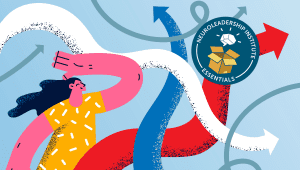
It’s crucial for leaders to find ways to provide autonomy to their employees. In this roundup, we share some of our top tips for how to empower people by providing options.

Allowing employees to choose who leads them can help meet their need for autonomy.
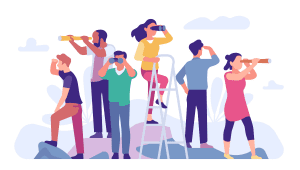
By mistaking employees’ perspectives, leaders risk losing valuable insights and making employees feel unheard. Here’s how to do it right.

Studies show that power leads managers to focus on goals, not people. Here’s how to make employees feel cared for in a time of disconnection.

Companies are finding it hard to bring people back to the office, despite luring them with everything from free lunch to free concerts with Lizzo. Here’s how to bring people back, in a brain-friendly manner.
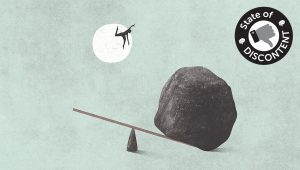
It’s incumbent on leaders to mitigate discontent. Here are three sustainable strategies based on science to help you retain your workers.

Deb Bubb, IBM’s Chief Leadership, Learning, and Inclusion Officer, is bringing her work home in an inspiring and transformative way. Here’s how.

Coronavirus poses an extraordinary threat to our sense of control. The solution is to give employees autonomy wherever possible.

It feels like we’ve weathered an enormous storm in recent weeks. Seemingly without warning, forces beyond our control displaced us from our offices and cut us off from our colleagues, friends, and families. Now we find ourselves in an unfamiliar landscape, stripped of its familiar guideposts and riddled with new obstacles. With no clear vision of the road ahead, many organizations have had to forge their own paths. Continue Reading on Forbes

If you haven’t already seen the letter from CEO Brian Chesky to his team at Airbnb, addressing the impending layoffs, you likely will very soon. It’s already starting to be shared broadly, and based on my time studying and working with businesses, I would forecast that it will become either a bar for how layoffs are measured in the time of COVID-19, or, more hopefully, a blueprint. Continue Reading on Forbes

Performance conversations are a critical moment for leaders to help their team members feel supported and keep engagement steady.

Amid the CV-19 crisis, work relationships can be complex. The science of social threat and reward can help us understand and fulfill our partners’ needs.
Join millions of employees in creating culture change at scale by reaching out today.

In 2007, David and Lisa Rock and their team had been working in leadership development and executive coaching for ten years, when David coined the term “NeuroLeadership.”ef

North America
Africa
South America
Asia
Europe
Australia
© NeuroLeadership Institute 2025. All Rights Reserved
This site uses cookies to provide you with a personalized browsing experience. By using this site you agree to our use of cookies as explained in our Privacy Policy. Please read our Privacy Policy for more information.